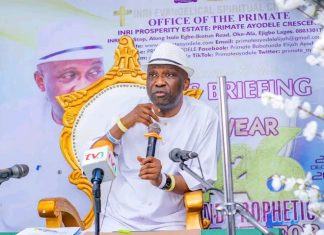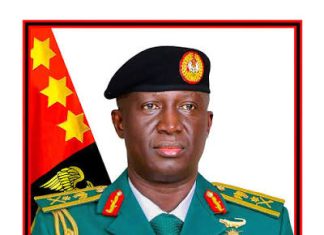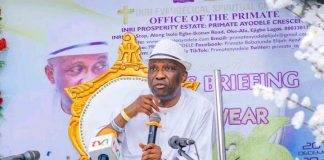[ad_1]
By Prince Osuagwu, Hi-Tech Editor (in Johannesburg, South Africa)
Former President of South Africa, Thabo Mbeki has lamented the lack of strong political will among current African presidents which has led to their inability to keep Africa as one indivisible entity, admonishing them to borrow a leaf from the impressive relationship between Nigeria and South African musicians which turned the African entertainment ecosystem into a goldmine.
Mbeki said the young artists have managed to forge a formidable relationship and strong collaborative strategies which has seen them popularise both countries’ entertainment sectors and create wealth for the people who play in them.
Meanwhile, the political leaders, Mbeki lamented, are locked in baseless egocentrism and territorialism which stifles the wealth that could accrue to Africa from cross border trades and cultural exchanges.
The Africa National Congress, ANC leader, made the statement at his Thabo Mbeki Foundation premises, Johannesburg, while hosting the third cohort of the MTN-MIP Fellows who paid him a visit after concluding a two days Media Innovation summit on “Sustainability of the media business in the digital age”.
Taking the Fellows on a memory lane of pan-Africanism, Mbeki said before these days, Africa used to be feared due to a strong pan-Africanism consciousness among leaders and deliberate policy formulations directed towards giving it force of power.
He, however, regretted that today’s leaders lack such political will, are more Eurocentric and lack clear direction on how Africa should remain a liberated continent.
He said: “Political will to manage diversity is central to the survival of all of the African states, because there’s no African state which is not characterized by the diversity of its population now.
“And so if you want to keep a continent or a country together, there’s got to be a conscious political decision. There is one outstanding example in this regard – Tanzania.
“When Tanzania was known as Tanganyika, there were two very important decisions under Julius Nyerere to keep the whole country together. One of them was to have one central language.
“Nyerere decided that everybody must speak Swahili and abandon tribal or regional languages. So, everybody speaks Swahili. The second decision was the abolition of the institution of chieftaincy ship. So there’s no chief of this tribe or that tribe.
“These were conscious decisions taken by the political leadership. They wanted to build one nation out of the Tanganyikans, and it’s worked.
“So because the people of Tanzania have gotten used to being one, even some few years back when some political people, in Tanzania, started resurrecting this matter about tribal identity in order to advance their own political futures, the consciousness one united Tanzania, was strong enough to defeat them.
“So, that’s why I’m saying it’s a political decision here. South Africa is very fortunate in that respect, because you know, the diamond mines, which were first discovered in the 19th century, attracted people from Southern Africa, from as far as Angola among others to South Africa.
“Then a bit later, gold mining came and domestically, there was a lot of movement of people, and social economic development. Recall that at the formation of the African National Congress in 1912, one of its principal slogans was to bury the demon of tribalism.
“So since the beginning of the 20th century, you’ve had a political organization whose task was to make sure that all of this algorithm come together so that you see you got to a point before liberation here, if you said in 1960 to the African community here, wherever you are in the country, you say, who’s your national leader? They would say Alberto.
“So, what has happened on the continent is a regression from the kind of pan-Africanist commitment that we had with other earlier leaders on the continent, and the weakening of that resolve has negative consequences like the frosty relationship between South Africa and Nigeria. Another is the poor Visa regulation which has made it very difficult for cross border trade.
“And, now addressing the challenge is to address the larger political problems. The point is always being made about the relationship between the artists, Nigerian, South African artists, and what they are able to do,” he added.
The post Unity: Emulate Nigerian, South African musicians, Mbeki chides African leaders appeared first on Vanguard News.
[ad_2]
Source link
This is another opportunity to own a faster-loading website to expand your business and take it digitally online. Meet the best website designer/master coder for any kind of website. Contact them now it is affordable Chat now: 09077260922



















